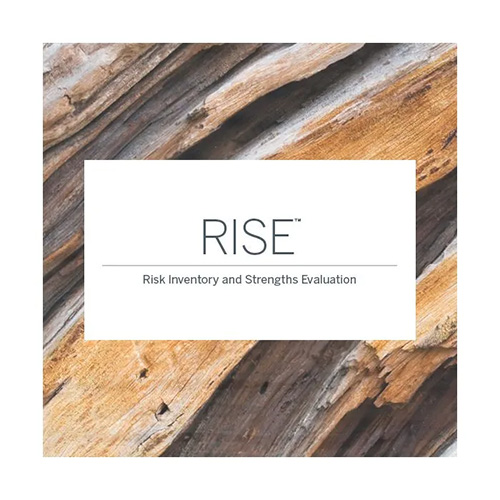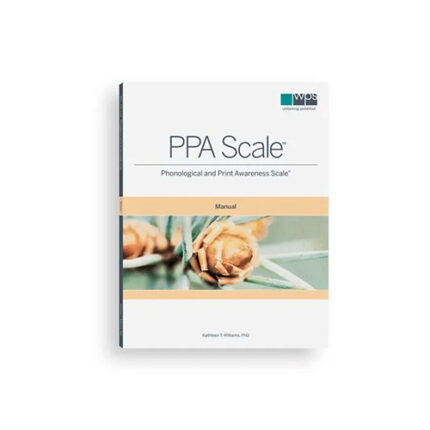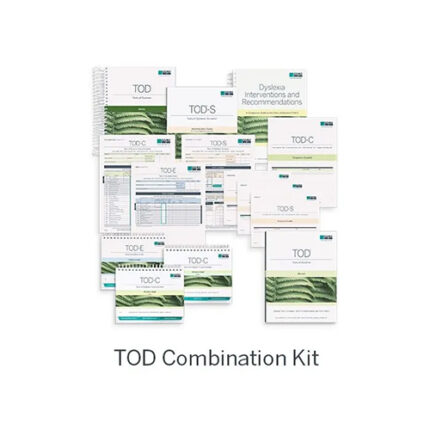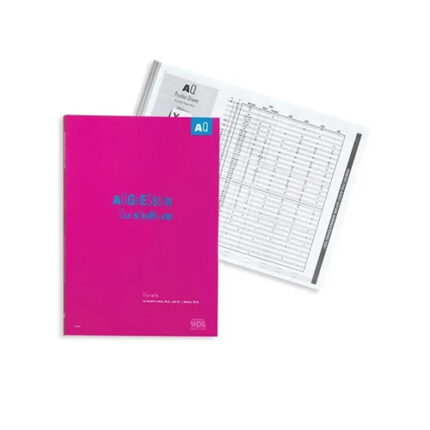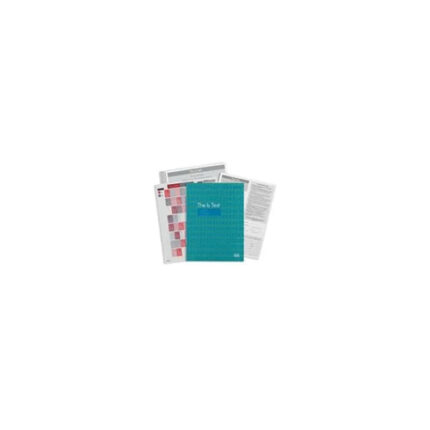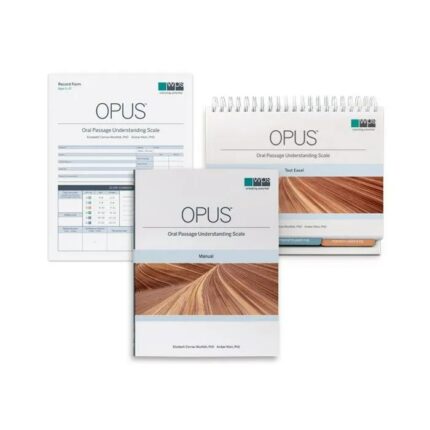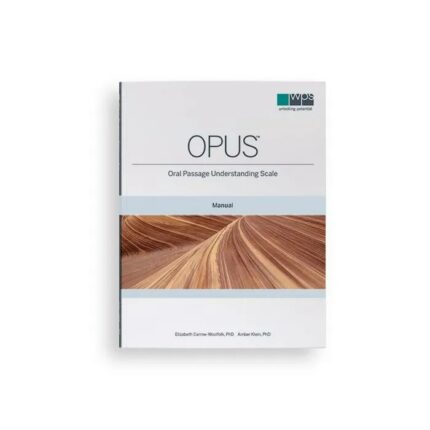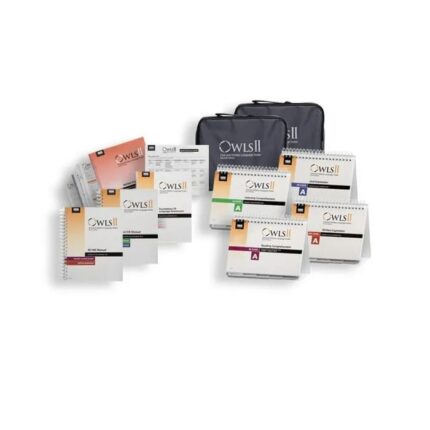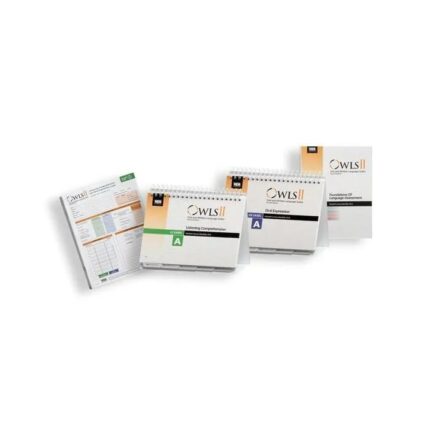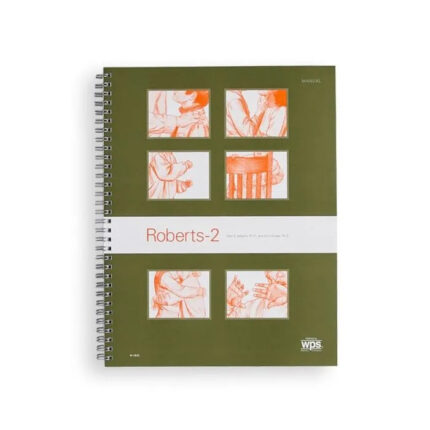(RISE™ Assessment) Risk Inventory and Strengths Evaluation
The RISE is an all-new rating scale that provides a comprehensive understanding of both high-risk behaviors and psychological strengths across home, school, and community settings.
The psychological strengths represent important components of resilience—the quality that enables young people to cope effectively with the stressors and challenges of daily life. Cutoff scores identify high-risk status, prompting clinicians to focus on critical items where safety may be a concern. The RISE Index score compares the individual’s strengths and risk factors, which helps develop a well-informed intervention plan.
Areas Covered by the RISE
|
|
The RISE is easy to administer, score, and interpret—making it easy to present findings to parents and evaluation team members.
The components include print and online versions of a manual and the Parent, Teacher, and Self-report forms. With only 66 questions on the Parent and Self forms and only 36 on the Teacher form, RISE is one of the most efficient assessments for both clinicians and respondents to use. Convenient online scoring is available on the WPS Online Evaluation System (platform.wpspublish.com).
RISE Features
- Validated on a variety of clinical samples, including individuals who are receiving interventions for high-risk behaviors such as gang involvement, suicidal and self-harming behaviors, and substance abuse
- Includes response validity scales to check for inconsistent responding or an overly positive or negative presentation
- Can be administered either with print forms or online
The RISE is intended for use in both educational and clinical settings. It is designed to be used as a core component of a comprehensive clinical assessment, conducted with individuals who have been referred for learning and/or behavior problems.
Because it includes measures of psychological strengths, the RISE can be employed in conjunction with school-based social–emotional learning programs. RISE scores can function as outcome measures to assess the effectiveness of such programs in increasing students’ interpersonal competence and ability to cope with stress.


